By Josh Moon
Alabama Political Reporter
Preclearance could be making a return to Alabama.
Three years after the US Supreme Court struck down sections of the 1965 Voting Rights Act that required several states, including Alabama, to receive preclearance from the Department of Justice before making changes to State voting laws, Alabama Republicans might have inadvertently revived the requirement through their 2012 redistricting efforts.
Because a federal court (following directives from the US Supreme Court) ruled those newly drawn voting districts to be unconstitutional, several attorneys believe a clause in Section 3 of the VRA has been triggered. That clause states that when a “voting subdivision,” such as a state, city or county, commits one or more constitutional violations of voting laws, the Federal court “shall” subject that entity to having future voting laws preapproved by the court and the DOJ.
“We are starting to see this more and more in these types of cases across the country since the (Supreme Court) struck down the preclearance section in the Voting Rights Act,” said Randall Marshall, the legal director at the Alabama office of the American Civil Liberties Union. “It is possible that the court could impose such a remedy in this (Alabama) case. It has happened in similar cases.”
In January, a federal court in Texas ruled that the city of Pasadena, Texas, had discriminated against Latino voters through a redistricting map that created majority Latino districts, thus limiting their voting impact. The federal court also issued this order:
“Because the court finds that Pasadena officials intentionally discriminated against Latinos in diluting their voting strength, the court grants the plaintiffs’ request under (Section) 3(c) to require Pasadena to submit future changes to its electoral map and plan to the Department of Justice for preclearance.”
That case is remarkably similar to the issues the US Supreme Court found with the state’s redistricting maps drawn in 2012 and passed by the Republican-dominated State Legislature.
Those new districts, the court ruled, packed black voters into districts in which minority voters were the overwhelming majority. While that virtually assured the districts of electing a minority representative, or a Democratic representative, it also assured that minority voters would have little to no impact in surrounding districts, where they could join together with like-minded white voters to effect election outcomes.
It’s a move known as “stacking and packing” districts. At the direction of the Supreme Court, Alabama lawmakers are currently working with a federal court to redraw the maps.
“This is the first time I’ve ever heard of that,” said state Sen. Jim McClendon, who was the co-chair of the committee that drew the original maps. McClendon has also been heavily involved in the efforts to work with the federal court to correct the maps.
“I’m hopeful that the reason some of those other places have been subjected to that preclearance is because they weren’t acting in good faith to correct the issues,” McClendon said. “That’s not the case with us. We want to do the right thing. We’re working with the court, doing all that they tell us to do.”
Good faith doesn’t appear to matter, however.
According to the language in the VRA section, and judging by the other instances in which that remedy was applied, all that is usually required is for the plaintiffs – the Alabama Democratic Conference and the Legislative Black Caucus in Alabama’s case – to make the formal request of the court for preclearance.
“At that point, the Federal court would have broad powers to set the parameters of that preclearance,” Marshall said. “They can set it for a certain period of time or leave it open. They can limit it to only redistricting or include all voting laws. But it would be limited only to the entity involved – in this case the state legislature.”
And thanks to Alabama’s aversion to home rule, which sends virtually all city and county law changes through the Legislature, that means pretty much all Alabama voting law changes would be subject to preclearance.
“I’ll be honest and tell you that this is not something that has been discussed as of yet,” said Sen. Bobby Singleton, who has been the Legislative Black Caucus’ point man for the lawsuit. “We have a meeting planned and I plan to discuss that with them. It’s something I’d like very much to explore.”
There is already one Alabama town subjected to the Section 3 preclearance order.
In 2014, a federal court in Alabama’s Southern District found that the City of Evergreen had violated the constitution with its redistricting plan for its city council districts.
Using Section 3 of the VRA, the court placed Evergreen under a “limite,
d scope” preclearance plan, which required the city to get approval for any changes made to its voting districts or any changes to the standards dictating which residents can vote in city elections through December, 2020.



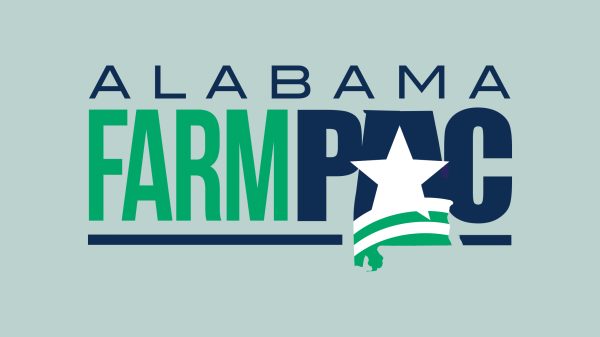




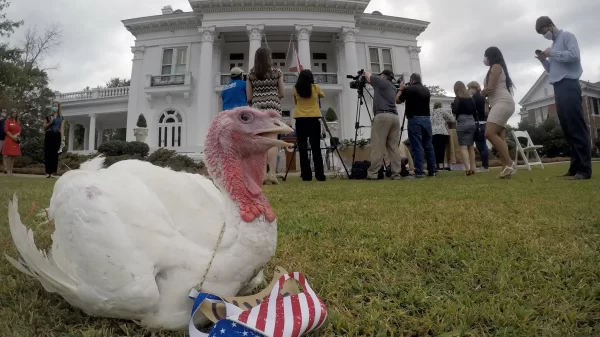










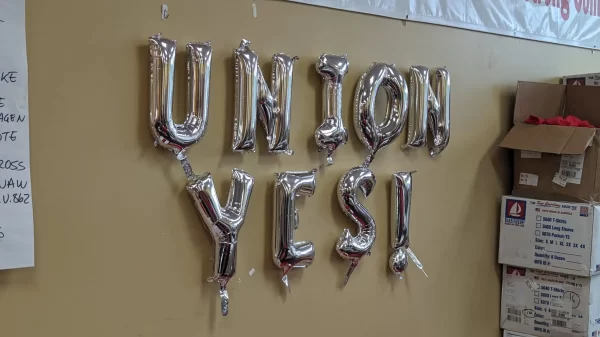


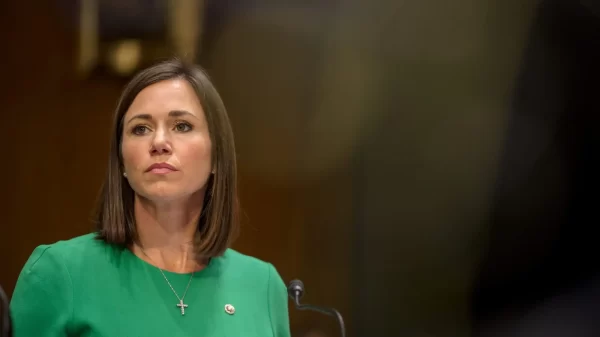















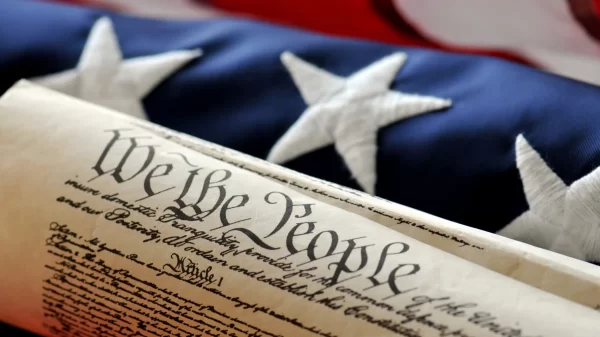

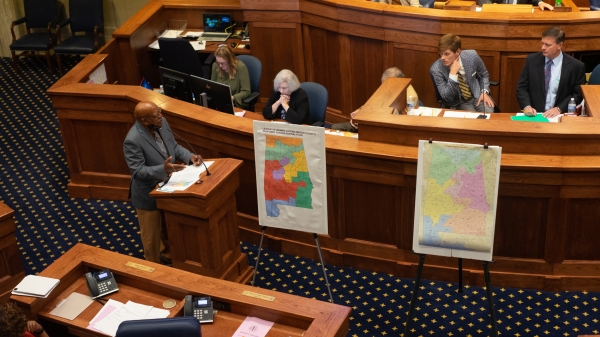

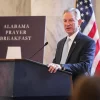








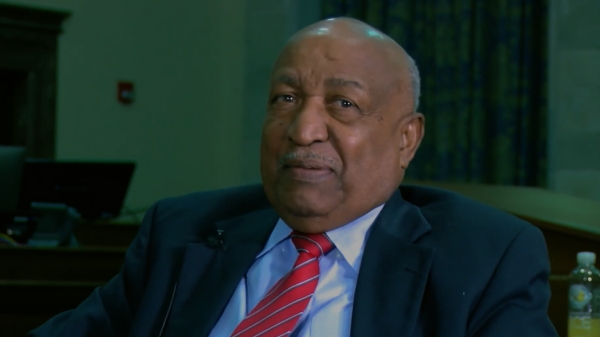


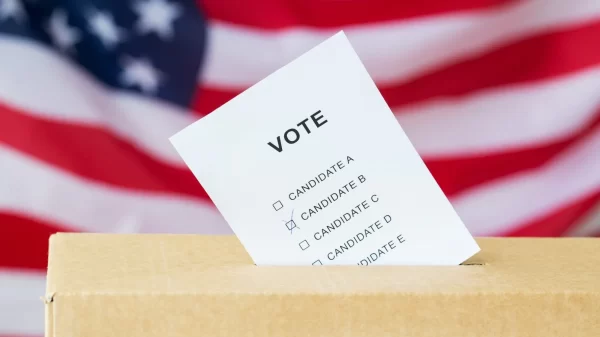
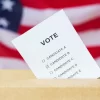
You must be logged in to post a comment Login